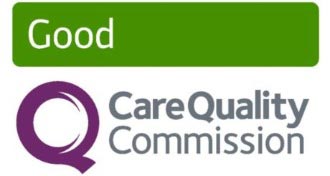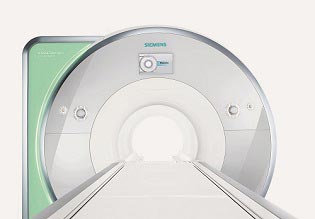Brand new healthcare clinic for East Cheshire
05 July 2022
Spire Healthcare has opened its doors to patients at its brand new Nantwich Clinic
We welcome your views on our website and invite you to take part in a brief survey when you've finished your visit.
Your response will help us improve the site and the experience we offer to visitors.
05 July 2022
Spire Healthcare has opened its doors to patients at its brand new Nantwich Clinic
11 February 2022
Spire Regency Hospital in Macclesfield has maintained its ‘Good’ rating, following an inspection by the Care Quality Commission (CQC).

18 August 2021
With most of us experiencing disturbed sleep at some time, Dr Ari Manuel explains one of the most common causes, the potential health consequences and treatments available.

08 August 2018
A Macclesfield hospital has shown its commitment to local sport by signing a sponsorship deal with Macclesfield Rugby Union FC.

08 March 2018
A £5.5 million project that will see Spire Regency Hospital install the very latest in MRI scanners has just been given the go-ahead by East Cheshire Council.

10 January 2018
A Macclesfield hospital has topped the league for hip replacement quality in a survey put to NHS patients throughout England.
